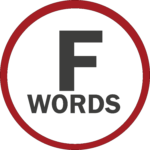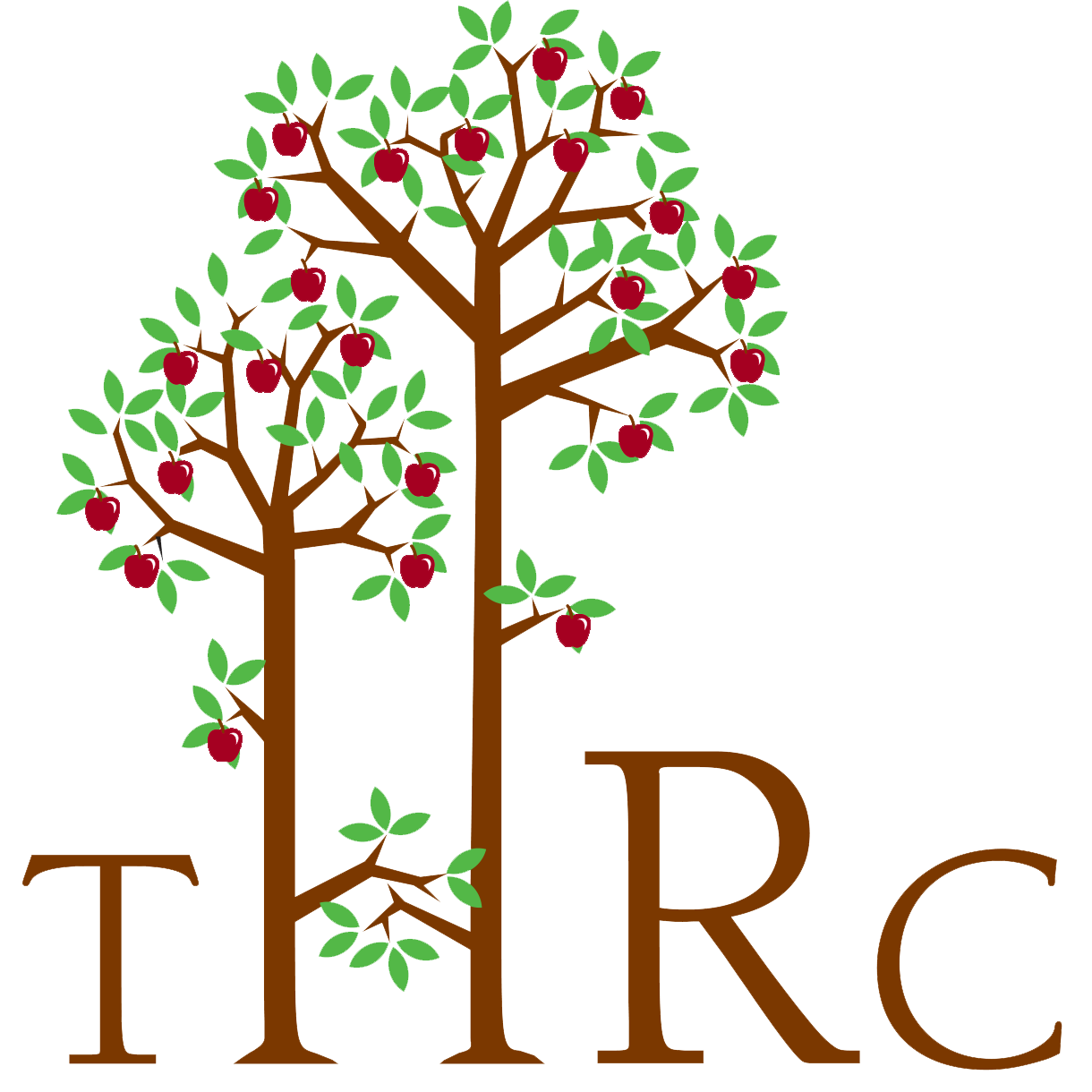
F-Words
The F-Words is a framework developed by CanChild.
Focusing on six key areas of child development where no one factor is more important than another, the F-Words encourage us to consider the factors that are important to all children's development - their participation, activities, and environment. Apply the F-Words framework to assess how the children you work with experience their world.
FAMILY
Family represents the essential environment of all children as it is the most intimate context for nurturing and protection as they develop their personalities and mature physically, cognitively, emotionally, and socially. The child must have a caregiver who is available, warm and responsive, reliable, and able to set appropriate rules and boundaries so they feel cared for and safe. Families equip children with the skills and resources to succeed as adults while also passing on basic cultural values.
Family Questions:
• How does the child seek comfort from their caregiver?
i.e. tired/sick/hungry/sad
• How does the child express their needs?
• How does the caregiver communicate with the child?
• Is there affection and warmth between the caregiver and the child?
• Does the caregiver have realistic expectations of the child?
• Are there routines in place?
• Is the family chronically late?
• Is the family involved in the community?
• Does the family identify that they have other supports?
Family Cues to Referral
When to call for help/support (further assessment and discussion with family)
Family has:
• Limited supports and/or social isolation
• Demonstrated difficultly managing stress
• Unrealistic expectations of their child or themselves
• Limited engagement with other caregivers in the setting
• Lack of responsiveness to the child’s needs
• Limited engagement with the child
• Chronically late or unprepared
• Lack of safety awareness with respect to the child
FITNESS
Children like to be active every day and engage in a variety of activities indoors and outdoors that move their bodies. Physical activity in childhood is essential for a healthy brain and body and leads to improved: early brain development, self-esteem, heart, lung, muscle and bone strength, physical coordination, flexibility, balance, sleep and eating habits.
Fitness Questions
• What types of physical activities does the child like to do?
• How does the child like to explore his/her environment?
• Does the child engage in a variety of small and large motor activities?
Ex. Cubes in a box or climbing
• Is there any type of activity that the child has difficulty doing?
• Does the child resist active play or physical activity?
ex.Tummy time
• Is the child clumsy or awkward in their movements?
• Does the child participate in any recreational activities? If not, what may be preventing this participation?
Fitness Cues to Referral
When to call for help/support (further assessment and discussion with family)
Child has:
• Very limited set of interests
• Limited participation in activities
• Resistance or avoidance of activity
• Movements that are clumsy or awkward
• Difficulty participating in activities they enjoy
• Lack of exploration of their environment
• Demonstrating weakness on one side of the body
FRIENDS
Social development is a fundamental part of growing up. Children learn as much from interacting with other children as they do from interacting with family members and other caregivers. Encouraging, empowering and enhancing opportunities to develop and nurture meaningful peer connections is essential.
Friends Questions
• Does the child enjoy being with other children?
• Is the child included by others in play?
• Does the child approach other children to play?
• Do other children enjoy being with the child?
• How does the child respond or react to others?
• How does the child react to peer conflict?
• How would you describe the child’s temperament? (shy, outgoing, cautious, assertive, slow to warm)
• Does the child do well in small and large groups of their peers?
• How does the child function in different social settings? (small group, classroom, community group, park, party)
Friends Cues to Referral
When to call for help/support (further assessment and discussion with family)
Child has:
• A lack of or limited response when approached by peers or ignores other children completely
• Difficulty warming up to new peers
• Trouble or does not know how to approach other children to play
• Limited or no interactive play with peers (consider for children over 2.5 yrs)
• Negative reaction when approached by other children
• No friends
• Difficulty managing in groups without one to one support
FUN
Children show a wide variety of emotions and will have regular moments of observable joy and happiness especially during play. They enjoy different activities and different types of toys and display shared enjoyment when engaging with friends and caregivers.
Fun Questions
• What is the child doing when they are happiest?
• What does the child do for fun?
• What sort of activities does the child enjoy?
• What interests the child?
• Does the child enjoy a variety of toys?
• Does the child participate in activities?
• Is the child included by others in play?
• Does the child have friends?
• How does the child respond to adult attention?
• Does the child move between activities with ease?
Fun Cues to Referral
When to call for help/support (further assessment and discussion with family)
Child has:
• Very limited set of interests
• Consistent negative mood
• Not included in play by their peers
• Limited participation in activities
• Plays only with one toy
• Regular negative reaction to adult attention
• Consistent difficulty moving between activities
FUNCTION
Function refers to what people do; their role, job, or task. For children, their job is to learn by exploring and playing in their environment. How children first do things is not important as each child will learn to do things in their own way and their skills will develop over time. Through play and daily routines children will become more independent and effective at interacting with people and their surroundings.
Function Questions
• What is the child really great at doing?
• What does the child like to play with?
• How long will the child stay engaged in an activity?
• How does the child let you know what they want or like?
• How does the child communicate with you?
• How do you help soothe or calm the child? What strategies work best to calm the child when they are upset? (self-regulation)
• How does the child work through or express strong emotions?
• Does the child have difficulty with daily routines, such as mealtimes/feeding, diapering/toileting, sleeping, dressing/undressing (self-care)?
• Does the child need a lot of help to complete tasks?
• Has the child shown improvement in skills over time?
• Has the child shown any loss of skills?
Function Cues to Referral
When to call for help/support (further assessment and discussion with family)
Child has:
• Difficulty staying focused on any task, even with support
• No interest in play, exploration or engaging with adults or peers (e.g., if left on their own they will just wander around)
• Limited ability to express wants and needs (caregiver has to make repeated guesses; process of elimination)
• Significant difficulty settling into new environments or new activities
• Trouble using toys appropriately (e.g. carries them around but doesn’t try to use or explore how they work, lines them up in rows)
• No interest in trying to do things for themselves
• Shown no improvement in skills over time (consider self-care, play and communication skills)
• Demonstrating weakness on one side of the body
• Difficulty being soothed when upset
FUTURE
The goal of supporting children as they develop is to set them up to reach their full potential. As such, the Future refers to parents and children's expectations and dreams for their future.
As you work through the F-Words consider what next steps you may need to take to ensure the child’s future success.




